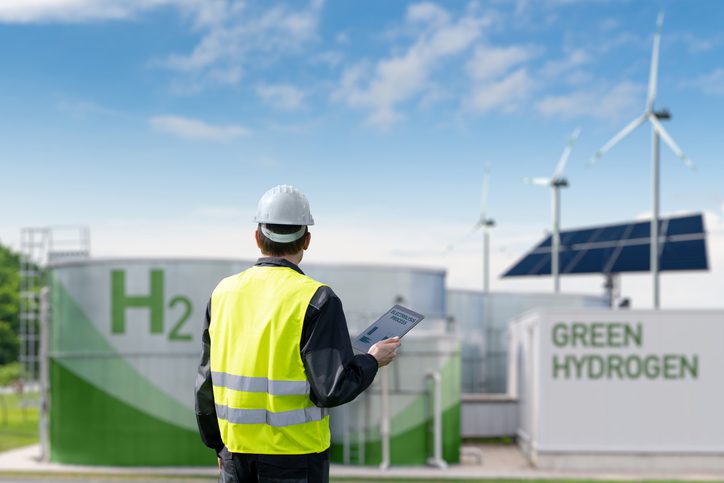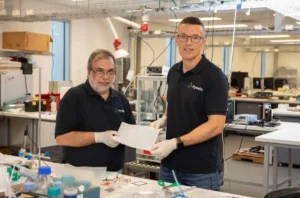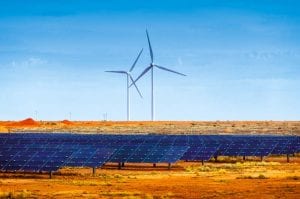Time is running out for investors in genuine clean industries, but a time-stamp for green hydrogen could track production down to the hour to prove its credentials, an inquiry has been told.
Proposed Future Made in Australia laws being considered by parliament would track and verify emissions associated with hydrogen, renewable electricity and potentially other energy sources.
‘We need to see this get through,” Australian Hydrogen Council chief executive Fiona Simon told the inquiry on Tuesday.
The industry might be “frustrated” by the length of time it was taking, but the mechanisms in the guarantee of origin scheme would hold producers accountable, Dr Simon said.
“The whole point of the emerging clean and green hydrogen industry is because of the role that it plays in a decarbonised future,” she said.
“People are going to be keen on using clean and green hydrogen to replace fossil fuels … They are going to want to understand what they are buying.”
The proposed certification scheme covers green hydrogen production that uses renewable energy, although Europe has a framework that also extends to so-called blue and pink hydrogen.
Blue hydrogen allows gas to be used in the process, while pink hydrogen is generated through electrolysis of water by using nuclear-powered electricity.
But WWF-Australia industry decarbonisation expert Nicole Wyche said the legislation was “fundamental” to show Australia was aligned with best practice, particularly in iron ore-rich Western Australia which lacked a renewable energy target to support development.
“This is making potential investors lose confidence and really consider that they might be better off somewhere else,” she said.
She said Asian steel manufacturers were planning for the financial consequences of Europe’s carbon border adjustment mechanism that would impose a tariff on carbon-intensive goods from 2026.
“We don’t have as much time to attract investment as people might think,” Ms Wyche said.
“And it isn’t something that we can do overnight to get these types of major industrial revolutions happening in the sector … the sooner we get started the better.”
Source: AAP










